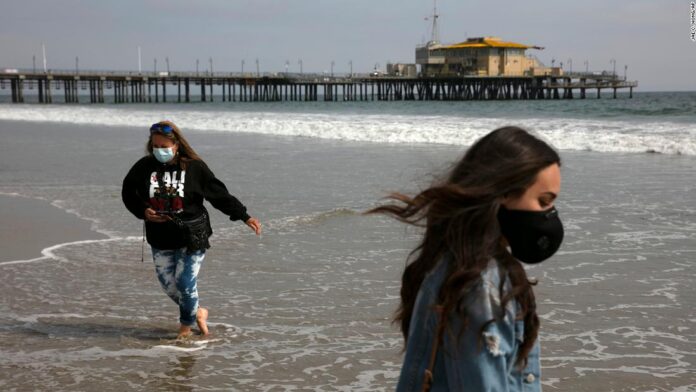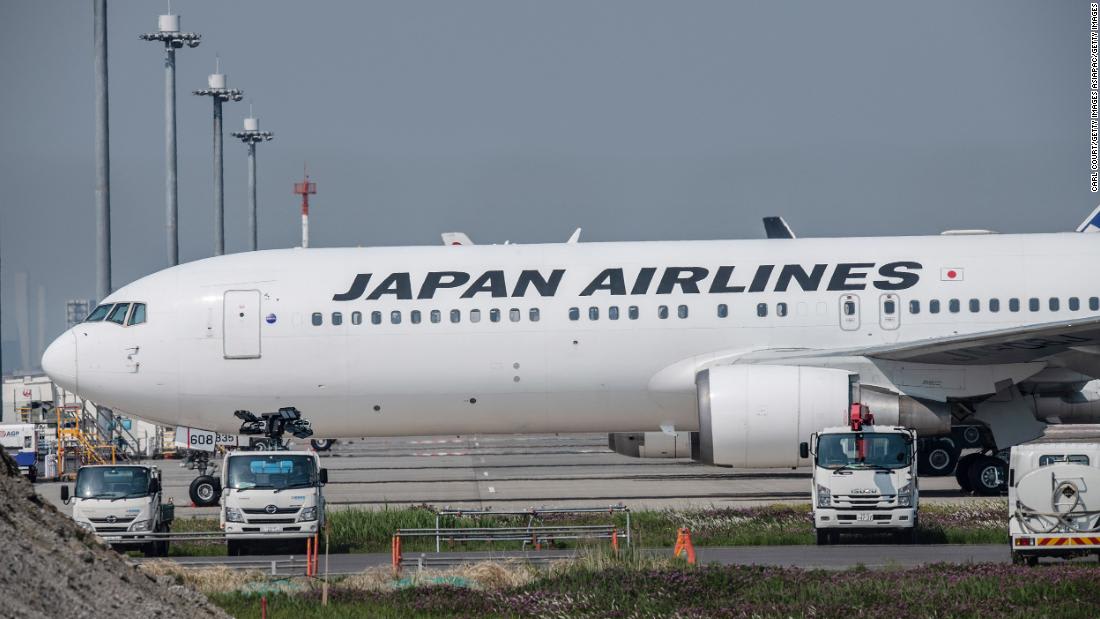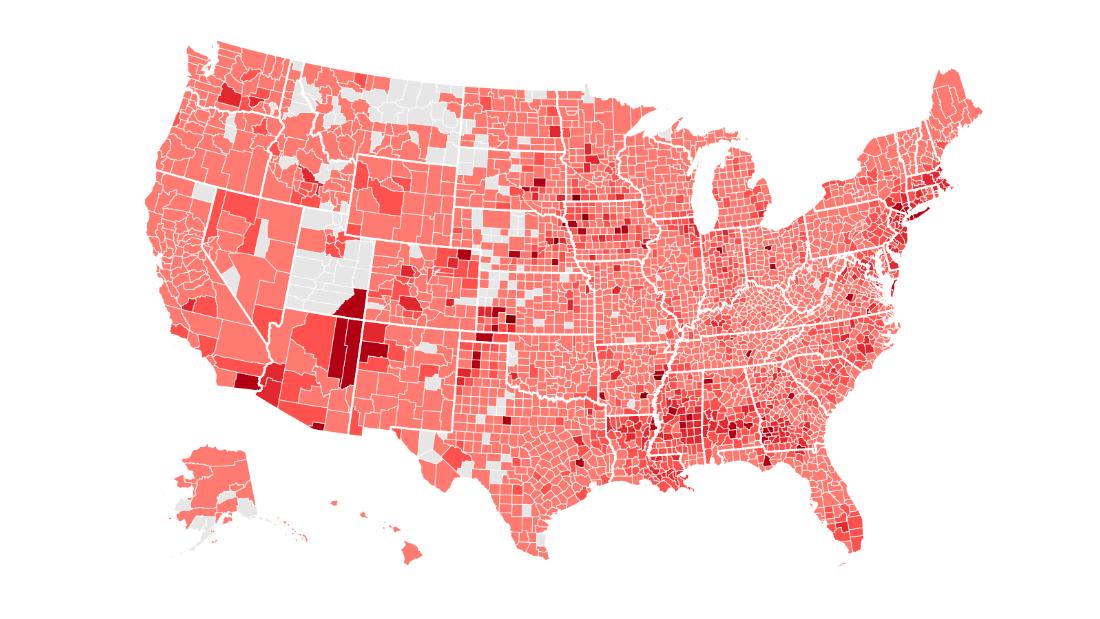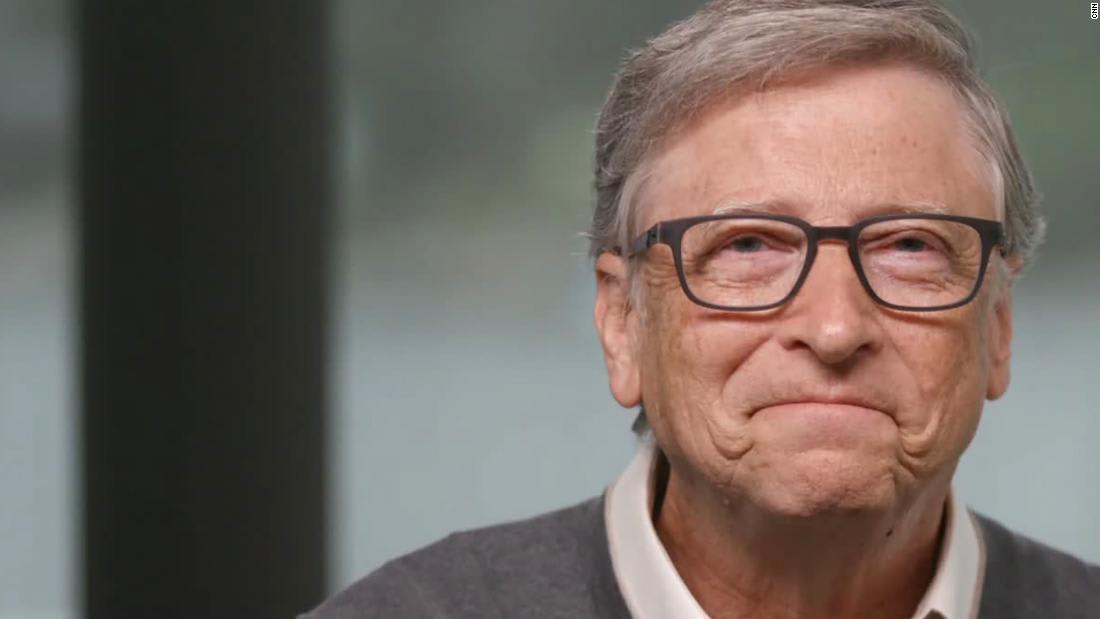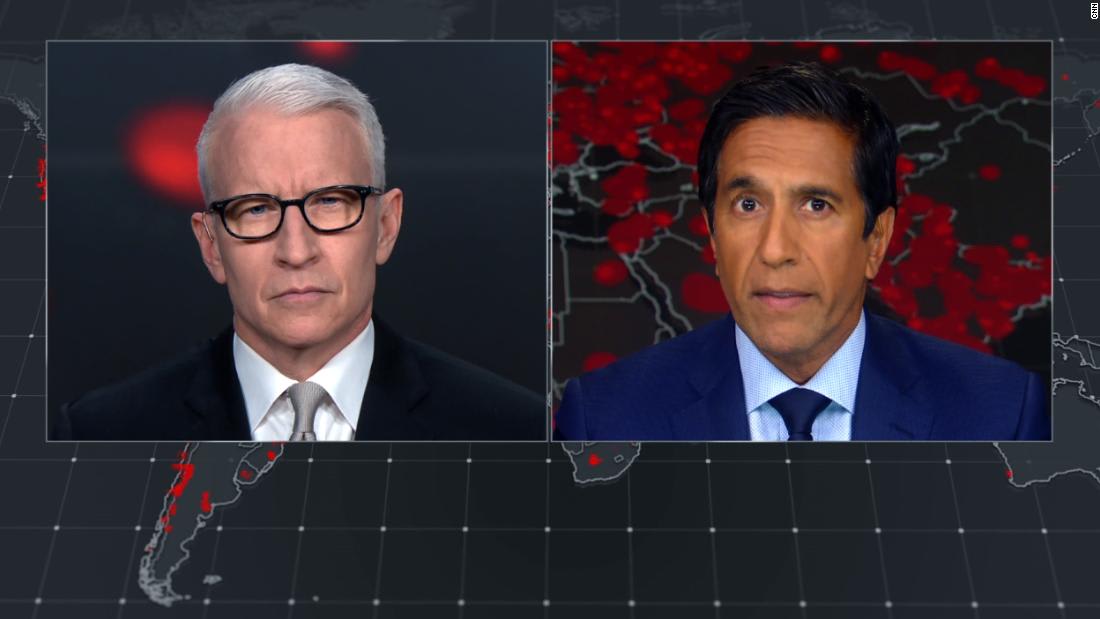Australia’s Victoria state launches free testing in effort to contain local coronavirus outbreak
From CNN’s Karina Tsui in Hong Kong and Angus Watson in Sydney
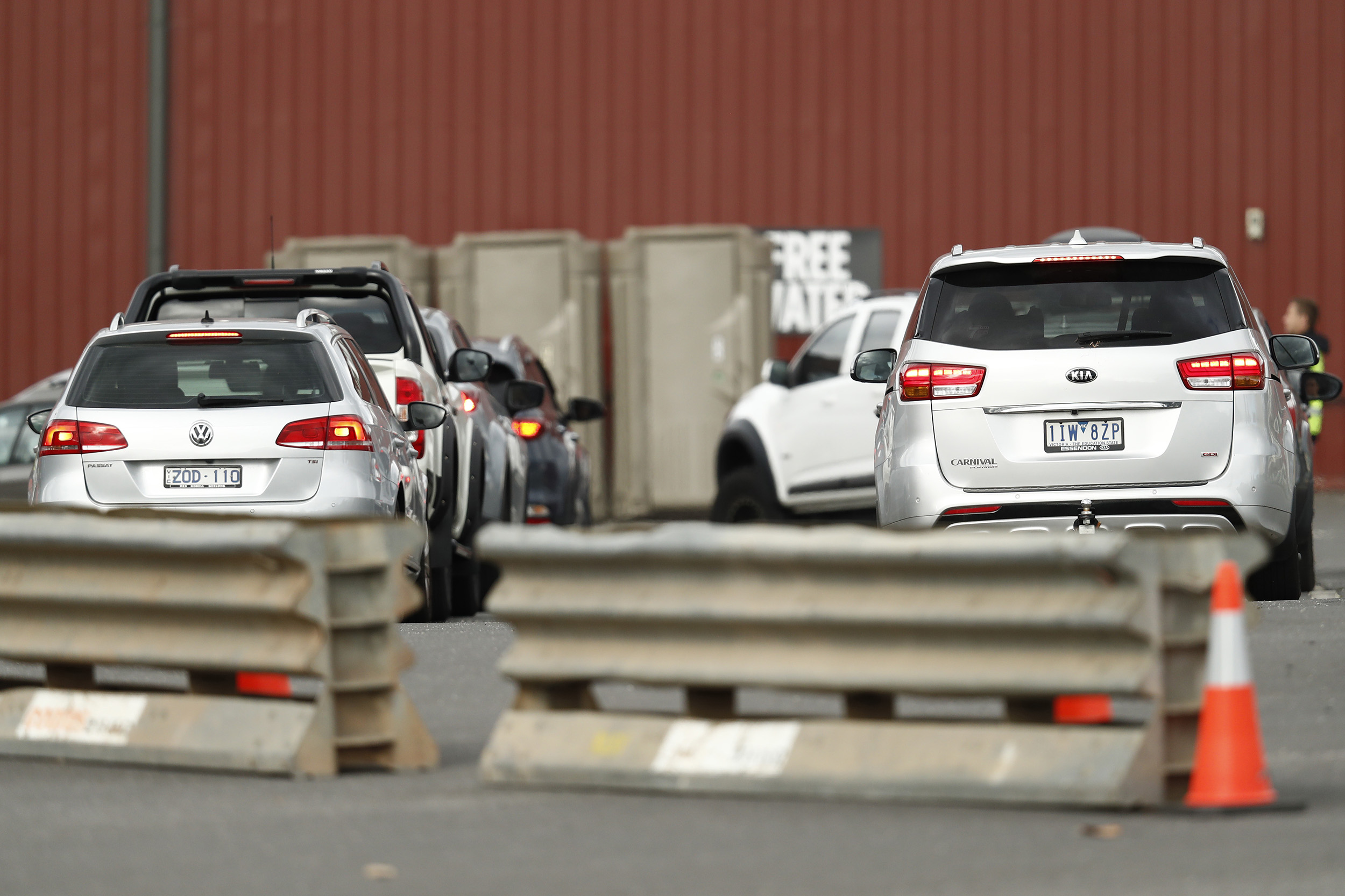
The Australian state of Victoria recorded 30 new coronavirus cases within the past day, marking the 10th consecutive day of double-digit case growth in the state.
The state government announced a new testing program today in an attempt to contain the outbreak: For the next 10 days, residents in 10 suburbs will receive free testing, regardless of whether they display symptoms or not.
Speaking at a news conference Friday, Australian Prime Minister Scott Morrison insisted that “the curve remains flat,” despite the local outbreaks in Victoria.
“They’re contact-tracing over a thousand people,” added Chief Medical Officer Brendan Murphy. “That’s the way to bring a localized outbreak under control — to go where the problem is, engage with the population test, isolate, quarantine — standard public health response.”
Australian military troops will assist with testing in Victoria, but troops won’t enforce quarantine as initially requested by the state government, Morrison said.
On Monday, Victoria extended its state of emergency to July 19.
At least 1,947 coronavirus cases and 20 related deaths have now been reported in Victoria. Of the total cases, 1,742 patients have recovered from the virus.
It’s past midnight in Los Angeles and approaching 4:30 p.m. in Tokyo. Here’s the latest
The coronavirus pandemic has seen cases spike dramatically this week in the United States, even as other countries like Japan appear to have brought their outbreaks under control and make steps to reopen some air travel.
If you’re just joining us now, here are the latest developments:
- US spike: The United States saw its biggest single-day jump in coronavirus cases on Thursday, with 39,972 new infections and 2,425 deaths reported, according to Johns Hopkins University.
- White House briefing: US Vice President Mike Pence will lead a coronavirus task force briefing Friday morning, its first public meeting in almost two months.
- US states in crisis: Some 30 states are now reporting a rise in new daily cases. Texas, Nevada, Florida, California and Arizona are among several states this week that recorded their highest single-day increase in new infections. In response, some states are putting reopening plans on pause indefinitely, and implementing new restrictions like mandatory face masks in public.
- Obamacare challenge: The US Justice Department asked the Supreme Court today to invalidate the Affordable Care Act, also known as Obamacare. The justices will hear arguments in the case sometime next term, although it is unclear if they will occur before the November presidential election.
- Singapore ruling: Seven foreign nationals in Singapore were fined, six of whom had their work passes revoked, after being found guilty of breaking the country’s coronavirus restrictions. Public prosecutors accused four of the seven offenders of “engaging in a pub crawl amidst the pandemic.”
- Travel bubble: Japan and Vietnam are taking the first step to resume business air travel with each other, after months of closed borders and halted travel.
Coronavirus made Vietnam shut its borders. Now it’s allowing flights from Japan for the first time
From CNN’s Julia Hollingsworth and Junko Ogura
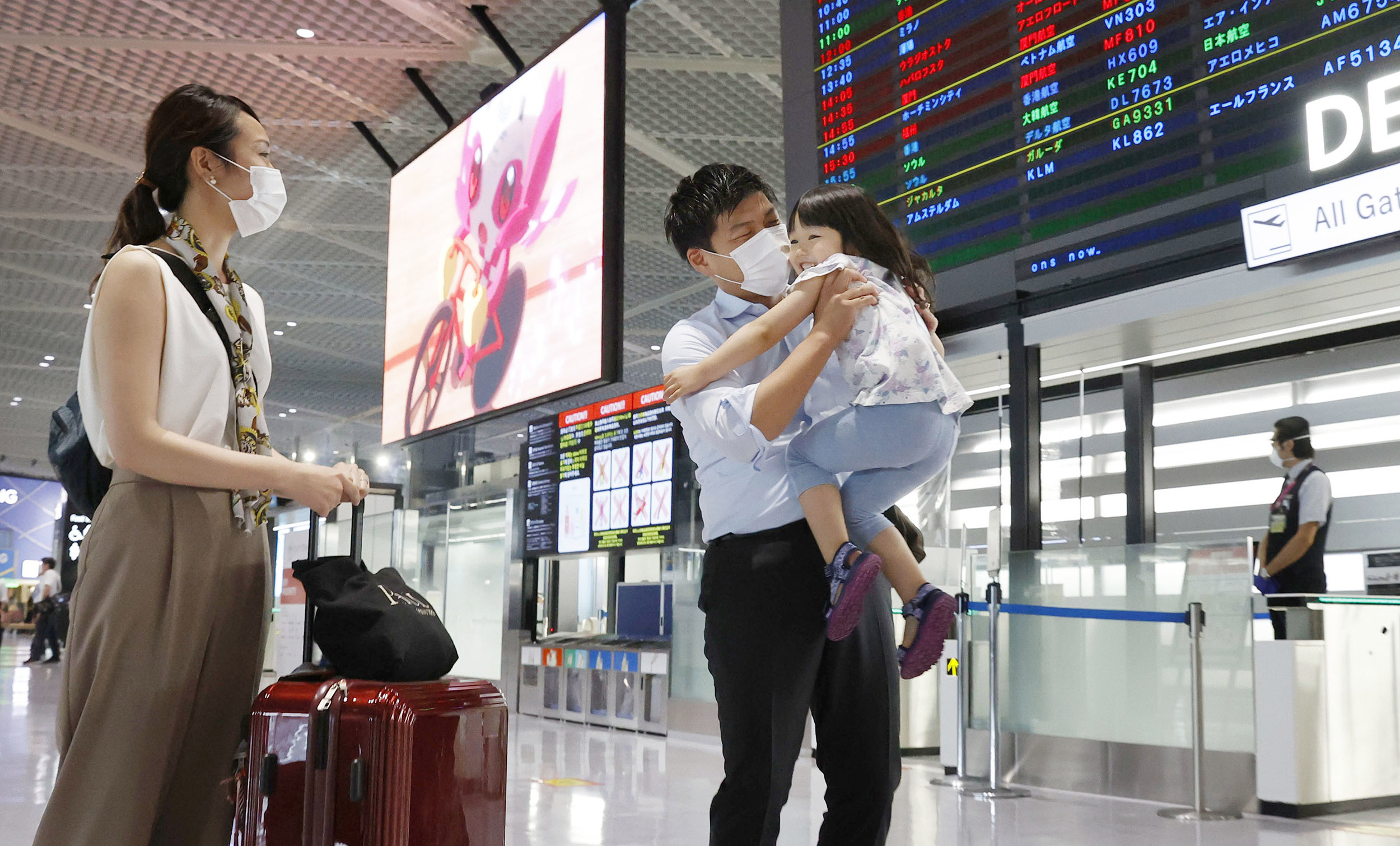
A planeful of Japanese business travelers landed in Vietnam on Thursday, marking the first flight between the two countries since they imposed border restrictions in a bid to stop the spread of coronavirus.
Vietnam almost completely sealed off its borders to foreign nationals in March, while Japan currently bans residents of more than 100 countries and regions — including Vietnam.
But the two countries are now easing their restrictions, allowing a chartered flight arranged by the Japanese Chamber of Commerce in Vietnam from Tokyo’s Narita airport to northern Vietnam on Thursday.
The 150-odd passengers had their temperatures checked before flying, were tested for coronavirus on arrival and will be quarantined for two weeks in a hotel. Two other chartered flights are scheduled to run on Friday and Saturday, transporting a total of 440 people from Japan to Vietnam.
It’s the first step toward opening borders between the two countries, with Japan’s Foreign Ministry saying earlier this month it is working to relax rules on travel with Vietnam. The two countries are the latest to start slowly reopening borders as countries all over the world balance the need to keep their citizens safe — and kick start their economies.
Read the full story:
Coronavirus patients who took statins fared better in hospital, Chinese study shows
From CNN’s Maggie Fox
Coronavirus patients in Chinese hospitals who were taking statin drugs fared better than patients who were not taking the cholesterol-lowering drugs, researchers reported Thursday.
Patients taking statins were less likely to die and less likely to need ventilators to help them breathe, the researchers reported in the journal Cell Metabolism. Hospitalized patients taking statins had a 5.5% mortality rate, compared to 6.8% mortality in patients not taking statins.
It’s a reassuring report for some people who are worried that use of the drugs might worsen outcomes.
The large study looking back at the records of nearly 14,000 patients in China’s Hubei province also showed people didn’t have any higher risk of dying or having severe illness if they were taking blood pressure-lowering drugs called angiotensin-converting enzyme (ACE) inhibitors and angiotensin II receptor blockers (ARBs) along with statins.
There had been some concerns about patients taking the drugs because the virus acts on a receptor — a kind of molecular doorway into cells — called ACE2, and these drugs indirectly affect ACE2.
What the study doesn’t show is that taking statins protected the patients. It also couldn’t show if patients with milder cases of coronavirus infection do better or worse if they take statins.
“These results support the safety and potential benefits of statin therapy in hospitalized patients with COVID-19 and provide a rationale for prospective studies to determine whether statins confer protection against COVID-19-associated mortality,” Hongliang Li of Wuhan University, who led the study team, said in a statement.
US reports nearly 40,000 new Covid-19 cases in highest single-day spike
From CNN’s Joe Sutton and Ethan Cohen
The United States reported 39,972 new coronavirus cases and 2,425 deaths on Thursday, according to Johns Hopkins University — the largest one-day jump in cases during the pandemic.
The country’s totals now stand at 2,422,299 cases and 124,410 deaths, according to data from JHU.
The totals include cases from all 50 states, the District of Columbia and other US territories, as well as repatriated cases.
New Jersey added a large number of probable coronavirus-related deaths to its tally on Thursday, making it one of the hardest-hit states, after New York and California.
Update: Johns Hopkins has published updated numbers for Thursday; some of the earlier cases and deaths were assigned to previous days, which contributed to the fluctuation.
CNN is tracking US coronavirus cases here:
Bill Gates: The US is “not even close” to doing enough to fight pandemic
From CNN’s Melissa Mahtani
Microsoft founder Bill Gates said on Thursday that the current coronavirus picture, both globally and in the US, is “more bleak” than he would have expected.
During CNN’s town hall on the coronavirus, Gates said the fact that people are still dying in the US today shows that the country is “not even close” to doing enough to fight the pandemic.
“It’s possible to ramp up testing for a new pathogen very, very fast,” he said.
“In fact a number of countries did that extremely well in this case and the technology keeps getting better there. The US in particular hasn’t had the leadership messages or coordination that you would have expected.”
“Some people almost feel like it’s a political thing which is unfortunate,” he added, something he says he didn’t expect in America.
Eight weeks ago, when Gates was last a guest on CNN’s Town Hall, the death toll in America stood at 63,000 with more than one million cases recorded.
Today, those figures have doubled: At least 2.4 million cases of Covid-19 have been confirmed in the US, and more than 124,000 people have died, according to Johns Hopkins University data.
Read the full story:
Watch the entire CNN coronavirus town hall
From CNN’s Brett Harman
Earlier tonight, CNN hosted a town hall on the facts and fears surrounding coronavirus.
Guests and speakers included Microsoft founder Bill Gates and emergency room physician Leana Wen. They addressed the need for urgent action in the United States, answered questions from viewers, and weighed in on the situation globally.
Watch the highlights here:
Singapore revokes work passes for foreigners convicted of breaking social distancing rules
From CNN’s Isaac Yee in Hong Kong
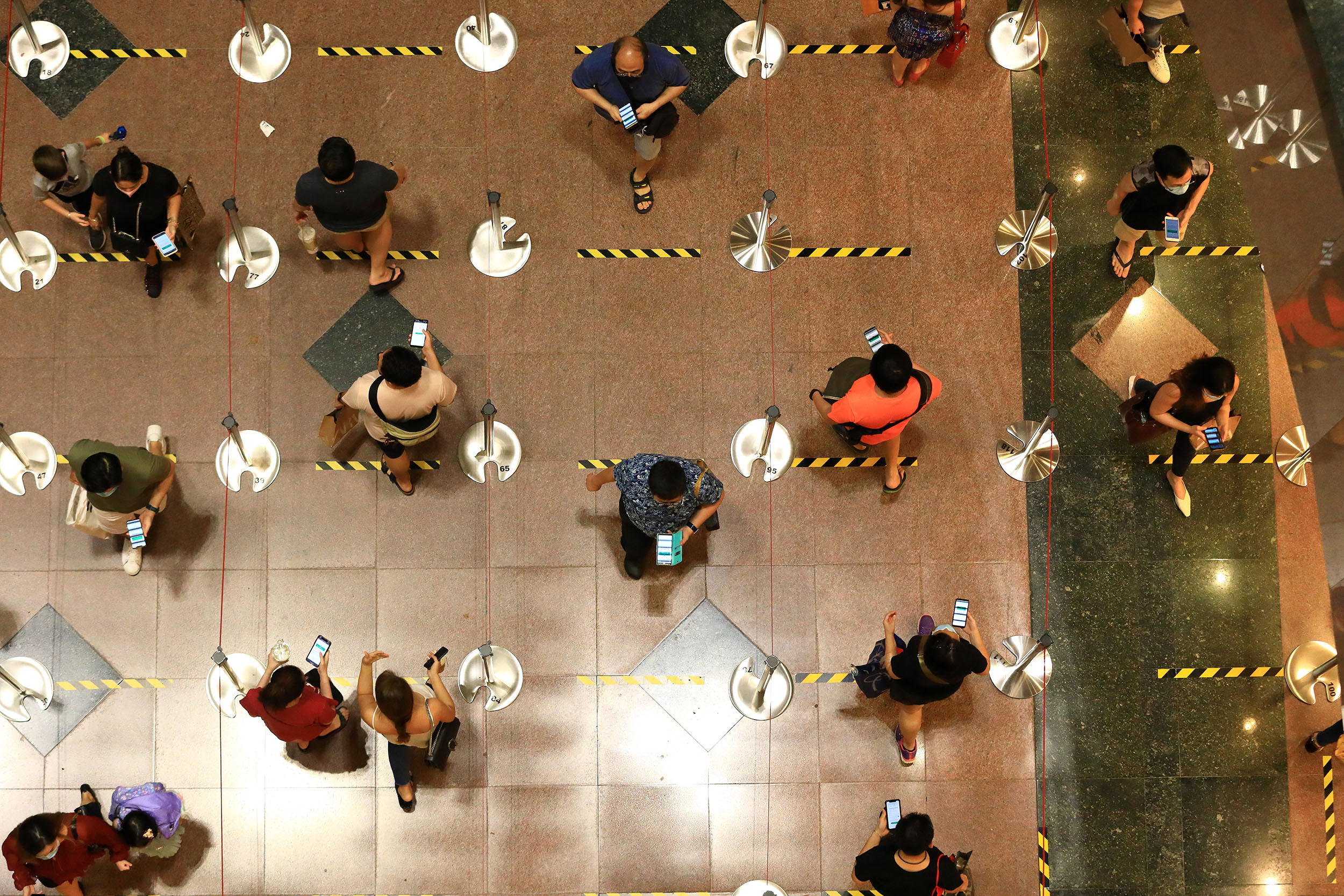
Seven foreign nationals in Singapore were fined, six of whom had their work passes revoked, after being found guilty of breaking the country’s coronavirus restrictions.
In court documents provided to CNN, public prosecutors accused four of the seven offenders of “engaging in a pub crawl amidst the pandemic.” The prosecutors added that all seven had “given the impression that our laws can be disregarded with impunity.”
All seven were convicted on Thursday for gathering when social gatherings were banned. Of the seven, four are British citizens, two American, and one Australian.
The six who had their work passes revoked by the Ministry of Manpower are also permanently banned from working in Singapore. The Ministry said they were among 140 work pass holders who faced similar consequences between May 1 and June 25 for breaching coronavirus restrictions, stay-at-home notices and quarantine orders.
“MOM will continue to take enforcement actions against work pass holders who do not comply with the requirements, including the revocation of work passes,” warned the ministry in a statement on Thursday.
The pandemic is “roaring” and states like Texas will have to partially shut down, expert warns
From CNN’s Jen Christensen
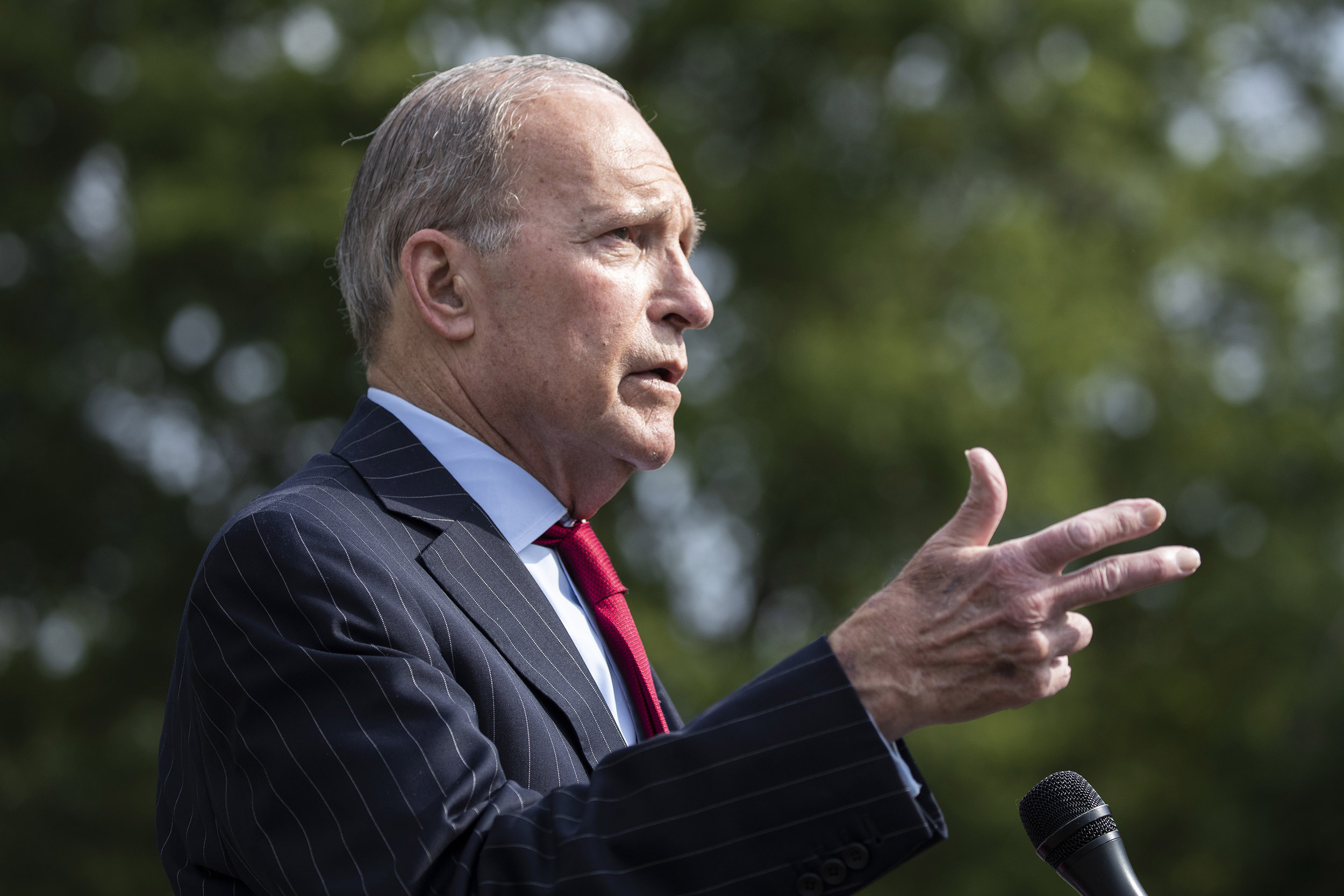
On Monday, White House economic adviser Larry Kudlow warned that the country would have to learn to live with “hotspots” popping up around the country in places like Texas, which saw a record number of cases today.
But Dr. Jonathan Reiner, a professor of medicine at George Washington University, argued the idea didn’t portray just how widespread the virus’ spikes are.
“Calling Texas, for instance, a ‘hotspot’ is like calling the sun a ‘hotspot,’” Reiner told CNN today. “The pandemic is roaring in Texas and Arizona and Florida … It’s a giant problem.”
He added that parts of states like Texas will have to shut down, since there is a risk that hospitals will be overrun.
“That would be the responsible thing to do and I’m hoping the leadership in those states has the political courage to do that,” he said. “It has to come from the statehouses and we have to have the courage to shut down places where the virus is out of control. There’s no other way to do it.”



